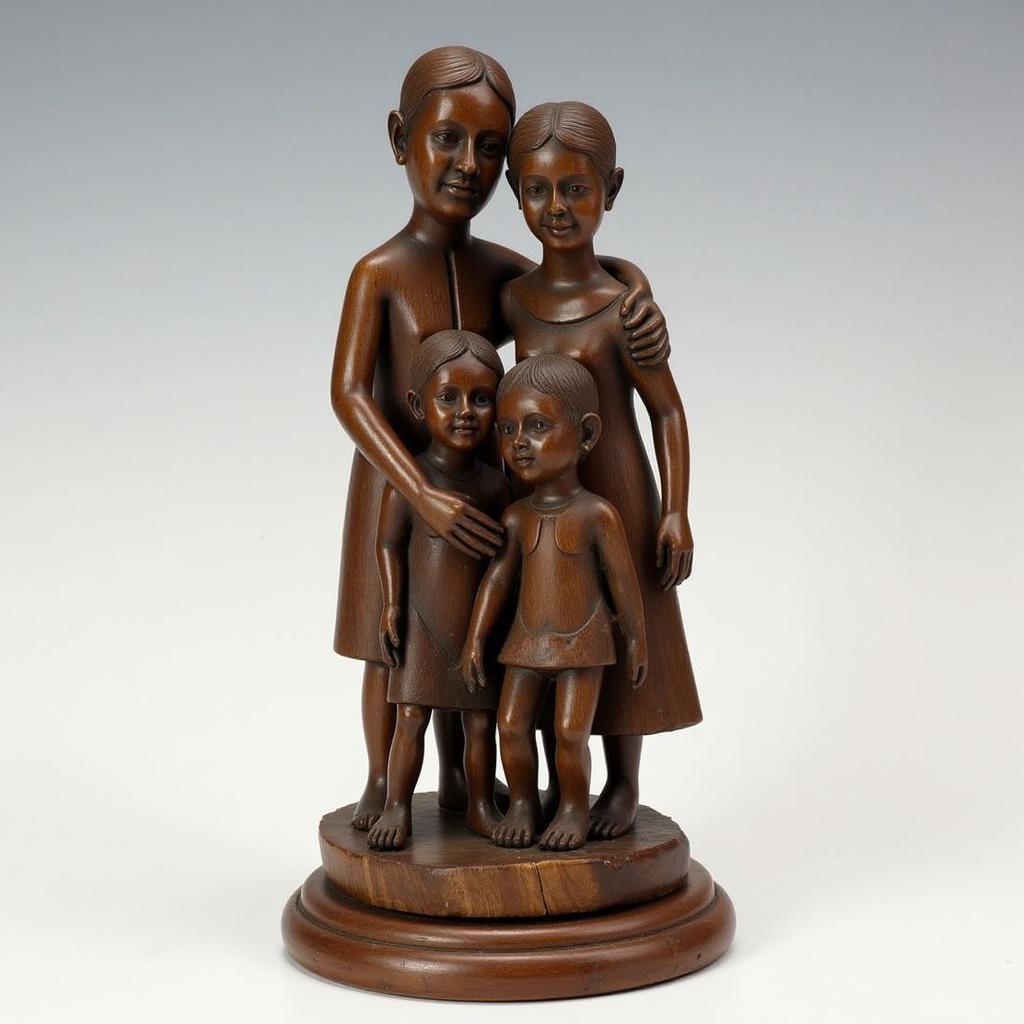W.E.B. Du Bois and the African American Movement
W.E.B. Du Bois, a pivotal figure in the African American movement, dedicated his life to advocating for racial equality and social justice. His intellectual contributions and activism shaped the fight against racial discrimination in the early 20th century and beyond. This article explores Du Bois’ profound impact on the African American movement, examining his key ideas, organizations he founded, and lasting legacy.
The Early Life and Education of W.E.B. Du Bois
Born in Great Barrington, Massachusetts in 1868, W.E.B. Du Bois experienced a relatively tolerant racial environment in his youth. This early experience contrasted sharply with the pervasive racism he encountered later in life, fueling his commitment to social change. Du Bois excelled academically, earning a bachelor’s degree from Fisk University, a historically black college, and subsequently becoming the first African American to receive a Ph.D. from Harvard University. His rigorous academic training provided him with the intellectual tools to analyze and challenge the prevailing racial ideologies of his time.
Du Bois’ Concept of “Double Consciousness” and the African American Experience
Central to Du Bois’ philosophy was the concept of “double consciousness,” articulated in his seminal work, The Souls of Black Folk (1903). He described it as the feeling of “two-ness,” of being both American and Black, two identities constantly at odds with each other. This internal conflict, born from racial prejudice and societal structures, deeply impacted the psychological and social development of African Americans. Du Bois argued that this “double consciousness” prevented Black individuals from fully realizing their potential and achieving true equality.
The Niagara Movement and the Birth of the NAACP
Dissatisfied with the gradualist approach of Booker T. Washington, another prominent Black leader of the time, W.E.B. Du Bois, along with other activists, founded the Niagara Movement in 1905. This organization advocated for immediate and full civil rights for African Americans, including the right to vote, access to education, and an end to segregation. The Niagara Movement laid the groundwork for the formation of the National Association for the Advancement of Colored People (NAACP) in 1909. Du Bois played a crucial role in the NAACP’s establishment and served as the editor of its influential journal, The Crisis.
Du Bois’ Pan-Africanism and Global Advocacy for Racial Equality
W.E.B. Du Bois’ activism extended beyond the borders of the United States. He was a strong advocate for Pan-Africanism, a movement promoting the solidarity and liberation of people of African descent worldwide. He organized several Pan-African Congresses, bringing together activists and intellectuals from across the African diaspora to discuss strategies for achieving racial equality and self-determination. His Pan-Africanist vision highlighted the interconnectedness of racial struggles globally.
The Later Years and Legacy of W.E.B. Du Bois
In his later years, Du Bois became increasingly critical of capitalism and embraced socialist ideals. He moved to Ghana in 1961, where he continued his work until his death in 1963. W.E.B. Du Bois left an indelible mark on the African American movement and the broader struggle for racial justice. His intellectual contributions, including the concept of “double consciousness,” and his activism within organizations like the NAACP and the Pan-African movement, continue to inspire generations of activists and scholars.
Conclusion
W.E.B. Du Bois’ life and work remain a testament to the power of intellectual engagement and unwavering commitment to social change. His contributions to the African American movement continue to resonate today, reminding us of the ongoing struggle for racial equality and the importance of fighting for a just and equitable society.
FAQ
- What is W.E.B. Du Bois best known for? His concept of “double consciousness” and his leadership in the NAACP.
- What was the Niagara Movement? An organization founded by Du Bois advocating for immediate civil rights for African Americans.
- What is Pan-Africanism? A movement promoting the solidarity and liberation of people of African descent worldwide.
- What was Du Bois’ relationship with Booker T. Washington? They disagreed on the best approach to achieving racial equality.
- What was the title of Du Bois’ seminal work? The Souls of Black Folk.
- When did Du Bois die? 1963
- Where did Du Bois spend his final years? Ghana
Need support? Contact us 24/7: Phone: +255768904061, Email: kaka.mag@gmail.com, or visit us at Mbarali DC Mawindi, Kangaga, Tanzania.


